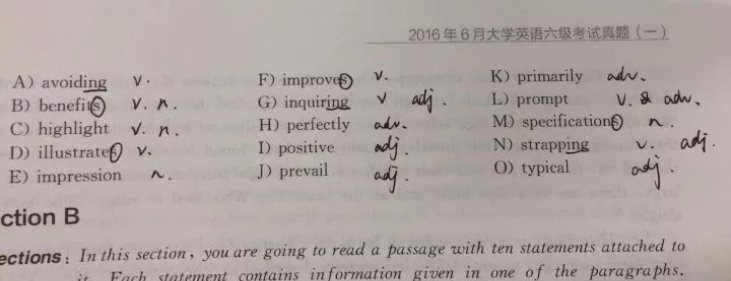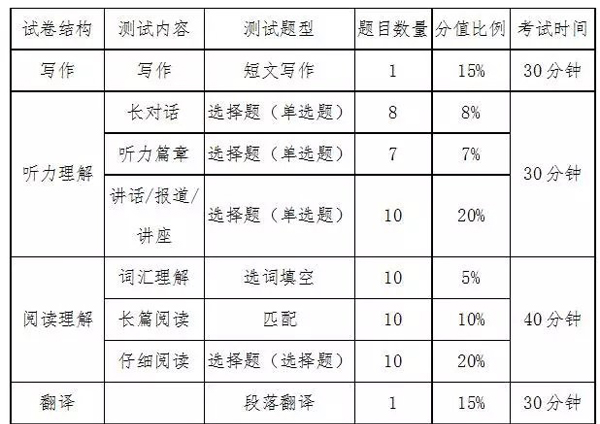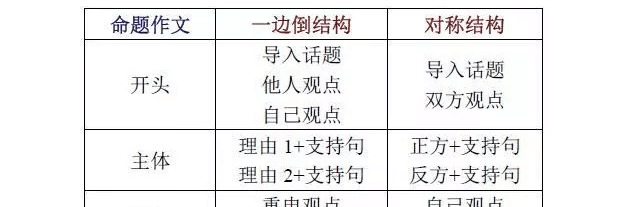金融英语口语辅导:WTO英语900句7
|
Well, I've certainly had an excellent time here. And you have been kind. 哦,我在这儿过得非常愉快。你们真是太好了。 It's been a great pleasure to have you with us. We hope you’ll come here more often in the future. 我们很高兴和你在一起。希望你今后经常来。 as ,often as `not; more ,often than `not: very frequently 往往; 大抵: * When it's foggy the trains are late more often than not. 雾大时火车往往误点。 I'm sure I will. Now that we’ve got to know each other better, I'm certain we can do more business to our mutual benefit. 肯定会。既然我们彼此更加了解了,相信今后我们能做成更多的互利互惠生意。 I hope so. 希望如此。 I do hope you'll visit us someday soon. 我非常希望不久的将来你也能访问我们。 Not too long, I suppose. What kind of weather do you have at this time of the year? 我想不会太久。你的家乡这个季节的天气怎么样? It's not this hot. The highest temperature there is 28 degrees, and there’s more rain. I prefer the dry weather you have here. 没有这么热,那儿最高气温只有28度,但雨水比较多。我还是喜欢你们这儿的干燥天气。 this adv to this degree; so 到此程度; 如此: It's about this high. 大约有这么高。 * I didn't think we’d get this far, ie as far as this. 我没想到我们会走这么远。 * Can you afford this much (ie as much as this)? 你花得起这么多钱吗? Here we are at the airport. 我们到机场了。 It's very kind of you to come and see me off, Mr.Zhang. 张先生,谢谢你来送我。 It's my pleasure. It’s a pity that you have to go now. 这是我的荣幸,可惜你现在就要走了。 What's the temperature today? 今天的气温有多高? About 32 degrees centigrade. 摄氏及华氏度转换公式: 1 C = (F- 32)* 5/9 大约摄氏32度。 Fahrenheit / 'fжrэnhait; `fжrэn.hait/ adj of a temperature scale with the freezing-point of water at 32 and the boiling-point at 212 华氏温度计的, 华氏的(冰点为32度, 沸点为212度): * The temperature today is seventy degrees Fahrenheit. 今天气温是华氏七十度。 Oh, that's pretty high. What is the highest temperature you get here? 够高的!这儿气温最高能达到多少度? About 38 degrees, I'd say. 我估计大约38度。 How long do you think this hot weather will last? 你估计这样热的天气会持续多久? Mt. Laoshan would be the ideal place for you, then. It has around 200 sightseeing spots. 那崂山将是你理想的地方。它总共有200多个旅游景点。 Sounds great. I can't wait to go there now, Miss Zhang. 听起来太好了。我现在就迫不及待想去崂山,张小姐。 It's very hot today. Do you mind the heat? 今天真热。你讨厌热天气吗? mind: no passive 不用于被动语态, ~ about sth/doing sth (esp in questions, negative and conditional sentences and in affirmative sentences that answer a question 尤用于疑问句、 否定句、 条件句及用作回答问话的肯定句) : feel annoyance or discomfort at (sth); object to (sth) 对(某事物)介意; 反对(某事物): *Did she mind (about) not getting the job? 她没得到那份工作是不是很失意? * Do you mind the noise? 这声音影响你吗? * I wouldn't mind (ie I would very much like) a drink. 我很乐意喝他一杯。 * She minded very much that he had not come. 他没有来, 她为此十分不悦。 * I don't mind how cold it is. 我不在乎有多么冷。 * Do you mind if I smoke? 我抽烟你介意吗? * Would you mind helping me? ie Would you please help me? 请帮帮我的忙好吗? * Do you mind my closing the window? 我关上窗户行吗? Well, it's all right. I’d say it's much better than Britian, actually. It’s so humid there. 我倒觉得没什么。这儿比英国好多了,那儿太潮湿。 Yes, it's rather dry here. 是的,我们这儿气候干燥。 Yes. But I've always wanted to come. 是的。不过我一直想来这儿。 Well, there are plenty of worthwhile places for you to see. 那么,值得你看的地方可不少。 What would you suggest? 你能提个建议吗? Well, what are you particularly interested in? 好,你有什么特别感兴趣的? I love beautiful scenic spots. 我喜欢看美的风景点。 About how long have you been in the business? 你公司大约成立多久了? The company was established in 1989, and we have about 1,400 employees now. 公司成立于1989年,现有员工一千四百人左右。 |








